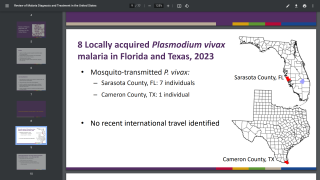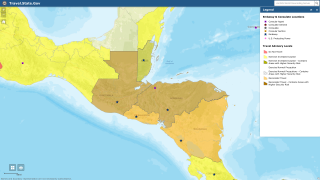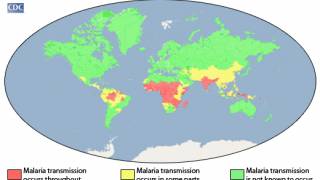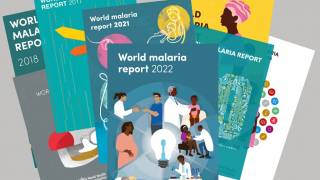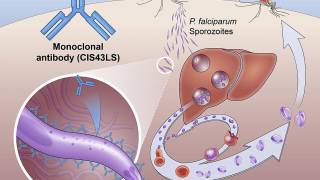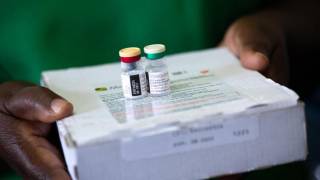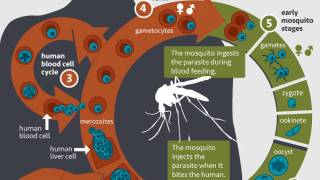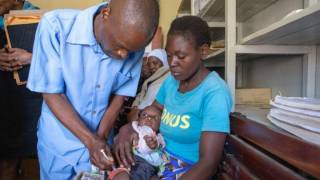Malaria "Breathalyzer" Coming Soon

While the world is slowly eliminating malaria with vaccines, there’s still much more work to be done before this disease is spoken about in the past tense.
Experts say early, easy, and accurate diagnosis is a key part of that.
Scientists have revealed their progress produced a breath test that could detect malaria, and so far it's ‘smelling’ good.
The breath of children who tested positive for malaria smells different, according to these researchers.
This prototype breath test detects six different odours or volatile organic compounds to spot cases of malaria.
By identifying which odorants had the highest correlation with malaria infection, these scientists have developed a diagnostic algorithm to predict malaria infections using this breath test, which had overall 83% accuracy.
This means, providers can now identify malaria based on a "breathprint”.
Malaria is caused by Plasmodium parasites.
These parasites are spread to people through the bites of infected female Anopheles mosquitoes, called "malaria vectors." There are 5 parasite species that cause malaria in humans, and 2 of these species – P. falciparum and P. vivax – pose the greatest threat, according to the World Health Organization (WHO).
“Children who were infected with malaria displayed significantly higher levels of two known mosquito attractants compared to children who tested negative for the disease,” reported Chad Schaber, MD, of Washington University in St. Louis, Missouri, and colleagues.
Researchers from Washington University in St Louis presented their findings at the American Society of Tropical Medicine and Hygiene (ASTMH) Annual Meeting in November, 2017.
In 2015, nearly half of the world's population was at risk of malaria, according to the WHO.
Some population groups are at considerably higher risk of contracting malaria, and developing severe disease, than others. These include infants, children under 5 years of age, pregnant women and patients with HIV/AIDS, as well as non-immune migrants, mobile populations and travellers.
Three countries are participating in the WHO-led pilot programme for the RTS,S/AS01 malaria vaccine. The vaccine was developed to protect young children from infection by Plasmodium falciparum, the most deadly malaria parasite.
According to the latest WHO estimates, released in December 2016, there were 212 million cases of malaria in 2015 and 429 000 deaths.
Dr. Schaber cautioned that this was a post-hoc analysis, and more work is needed before this innovation becomes a reliable test.
After a validation study, Dr. Schaber said his team hoped to turn this concept into a point-of-care device for use in the field.
This study was supported in part by the NIH, the Bill & Melinda Gates Foundation, Wellcome Fund, the Children's Discovery Institute and Monsanto.
Dr. Schaber disclosed being one of the patent holders on this potential new malaria diagnostic.
Our Trust Standards: Medical Advisory Committee








